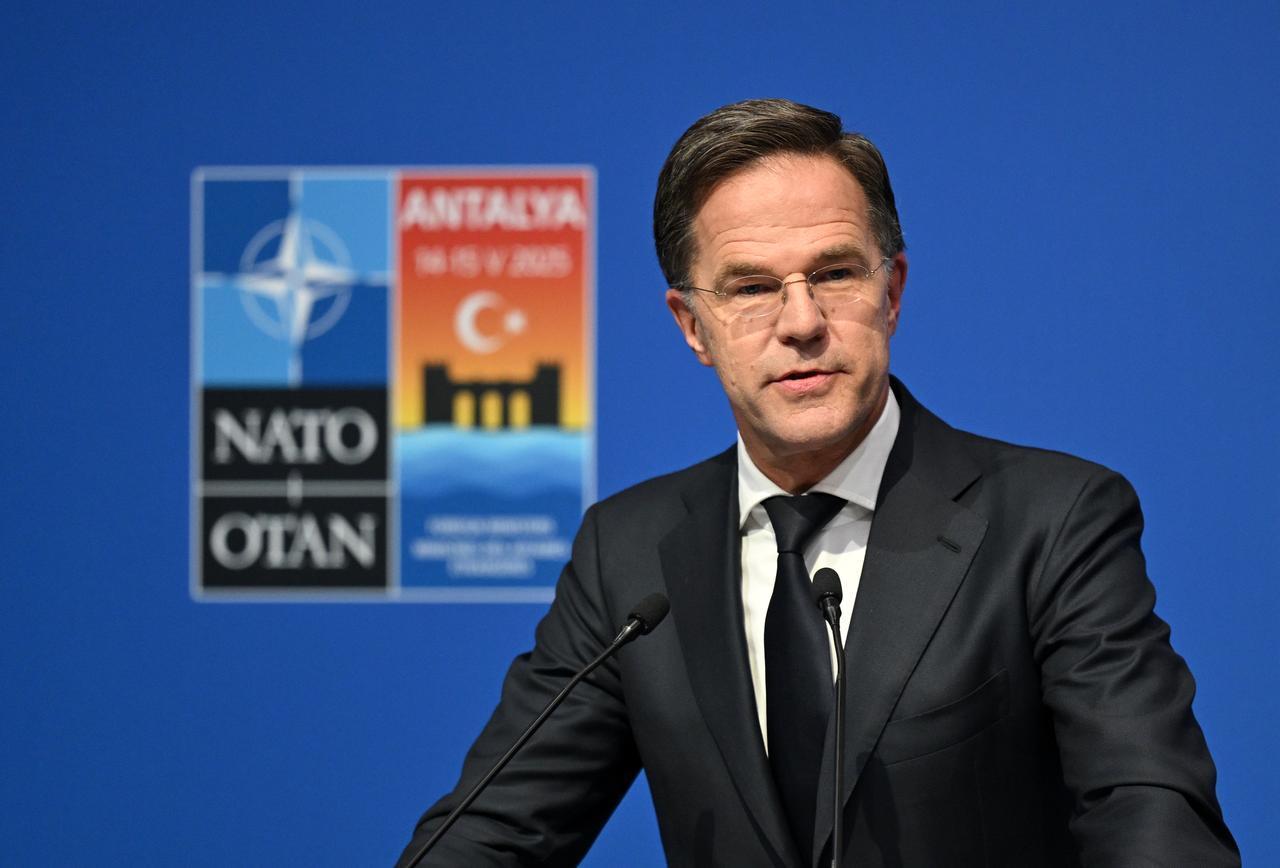
NATO leaders are navigating a diplomatic balancing act ahead of their June summit in The Hague, working to include Ukrainian President Volodymyr Zelenskyy while avoiding friction with U.S. President Donald Trump over Ukraine's membership aspirations.
The alliance confirmed Ukraine will participate in some capacity at the June 24-25 gathering in the Netherlands, though the format remains scaled back from previous summits. NATO Secretary General Mark Rutte extended an invitation to Zelenskyy, with officials indicating the Ukrainian leader may attend a dinner hosted by the Dutch king for NATO leaders rather than formal alliance discussions.
"We can confirm that Ukraine will be with us in The Hague," a NATO official told Agence France-Presse.
The measured approach reflects the changed dynamics since Trump's return to the White House upended Western support for Ukraine. Last year's NATO summit in Washington saw leaders pledge that Ukraine was on an "irreversible path" to membership and promise additional military hardware. That commitment now faces uncertainty as Trump has dramatically shifted U.S. policy toward the conflict.
European NATO members pushed for Zelenskyy's inclusion to demonstrate continued alliance solidarity with Ukraine. However, the United States has shown reluctance even to have the Ukrainian president attend, according to diplomats speaking on condition of anonymity.
"It will be a PR disaster if he's not there," said one European diplomat.
Trump's presidency has introduced new complications for NATO's Ukraine policy. The U.S. president has opened diplomatic channels with Moscow, forced both Ukraine and Russia into negotiations, and publicly questioned Ukraine's NATO membership bid. Two rounds of talks between the warring parties in Istanbul have yielded limited results, with Trump reportedly growing frustrated with Russian President Vladimir Putin's reluctance to agree to a ceasefire.
The summit's primary focus appears to be securing agreement on defense spending levels that satisfy Trump's demands while maintaining U.S. participation in the alliance. NATO looks poised to adopt a compromise proposal from Rutte calling for 3.5% of gross domestic product (GDP) on core defense spending and 1.5% on broader categories, including infrastructure.
"Defence spending is the most important part and no one wants to jeopardise that," a diplomat said.
NATO officials indicate the alliance will avoid repeating previous strong statements about Ukraine's membership trajectory. Trump has consistently opposed Ukrainian membership and has blamed Kyiv's NATO aspirations for provoking Russia's invasion.
The summit's final declaration is expected to remain brief and omit references to Ukraine's potential membership to prevent internal divisions within the alliance.
"There will be nothing on that," said a NATO diplomat. "My expectation is we will be absolutely silent."
The shift in U.S. policy extends to military assistance, with no joint statement on support from all 32 NATO members expected due to American reluctance to continue aid programs. U.S. Defense Secretary Pete Hegseth will skip a Wednesday meeting of Ukraine supporters in Brussels but will attend NATO defense ministers' talks on Thursday.
The careful choreography around Zelenskyy's participation underscores NATO's challenge in maintaining unity on Ukraine policy while accommodating Trump's transformed approach to the conflict and alliance relationships.